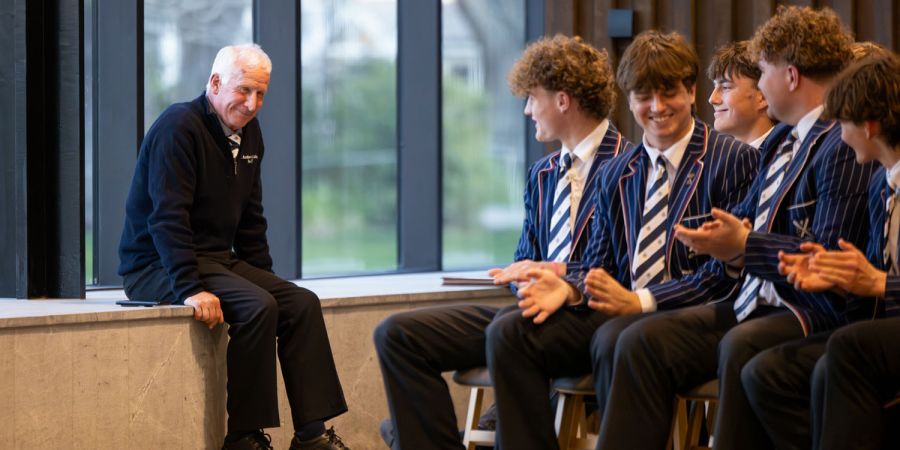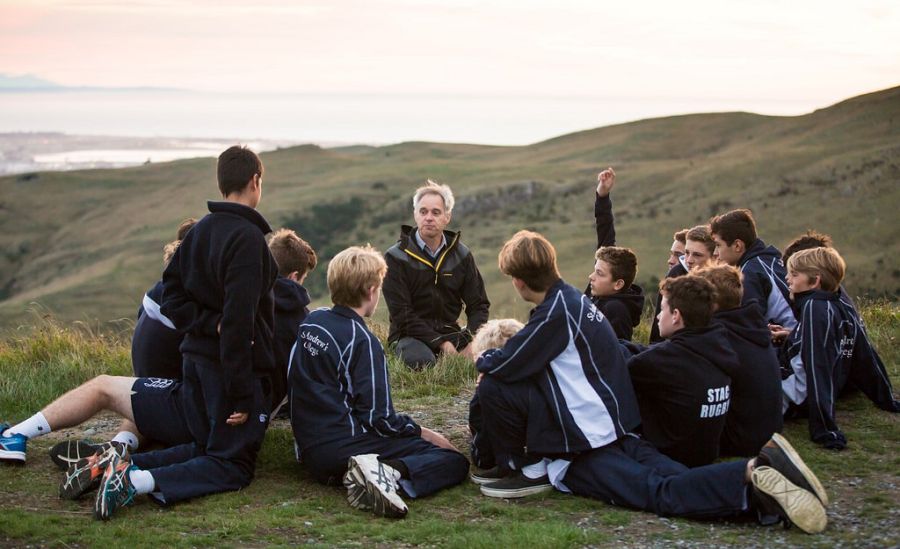Creating resilient role model
28 November 2019
Developing an in-depth understanding of what builds resilience in human beings has been a key focus for teachers at St Andrew’s College this year.
2019 started with all staff and senior students attending inspiring professional learning with Dr Sven Hansen focused on the theme of resilience. After Dr Hansen’s presentation, the staffroom was abuzz with conversations related to diet, exercise, sleep, emotions, and breathing. Staff considered how they could apply the themes of bounce, grow, connect and flow to their daily routines.
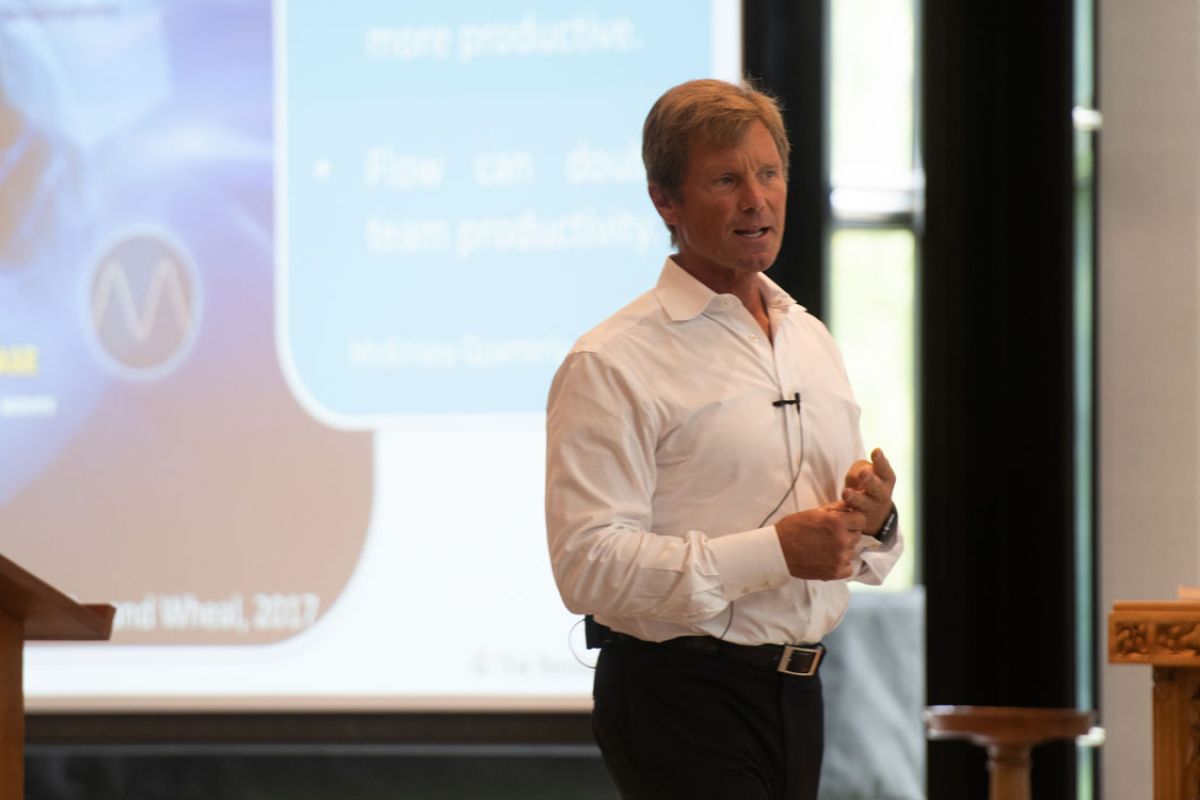
A key strategy in our whole school well-being goal is to arm our teachers with the knowledge and practical strategies so they can apply the learning to their own lives. Our vision is to create a community where students are exposed to resilient, optimistic and flourishing role models. This strategy is in line with the Learn it, Live it, Teach it, Embed it philosophy espoused by leading Positive Education school, Geelong Grammar.
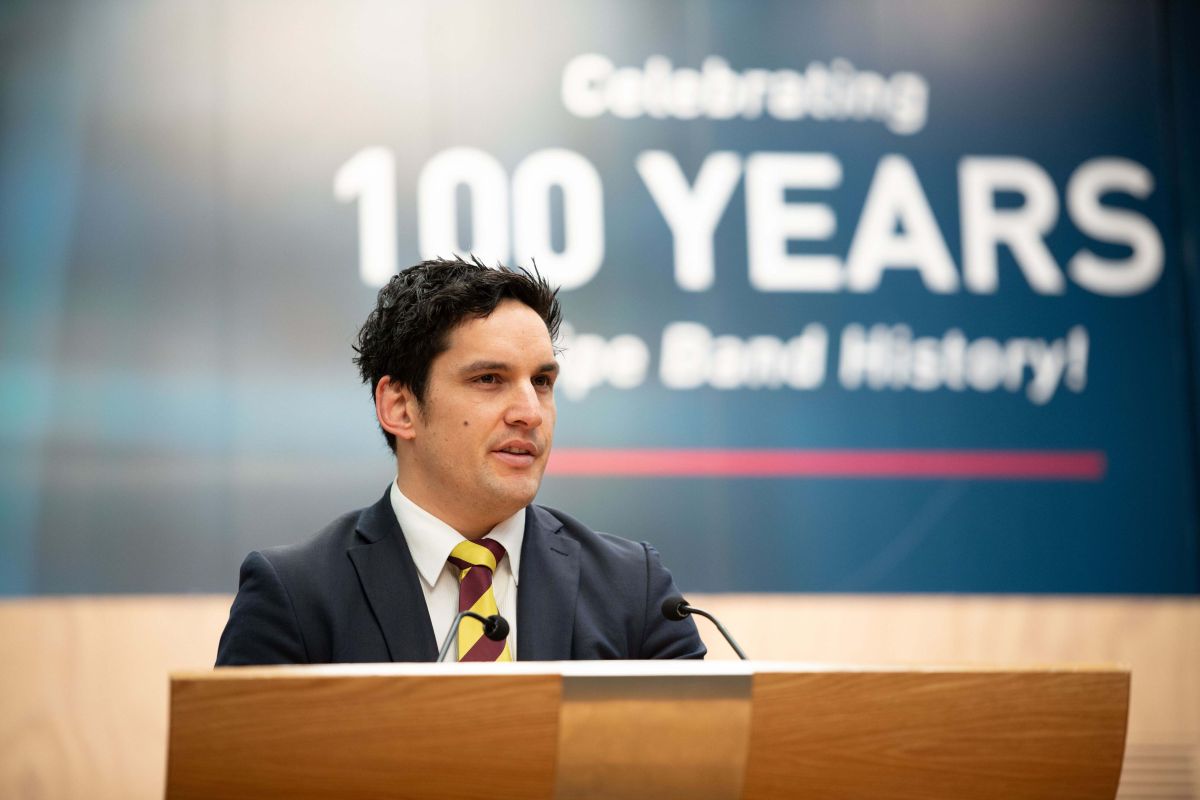
Staff resilience research group
A means of deepening resilience in our community was the decision to create a staff innovation and research group. The group runs much like a book club, offering time for participants to learn, share and reflect. This year, 26 staff have voluntarily opted to participate. These include the college rector, senior leaders, classroom teachers from both the secondary and preparatory schools and heads of department. The innovation and research group concept is an important focus for our rector, Christine Leighton and is a testament to the value she places on cultivating innovation and creative thinking within our college community.
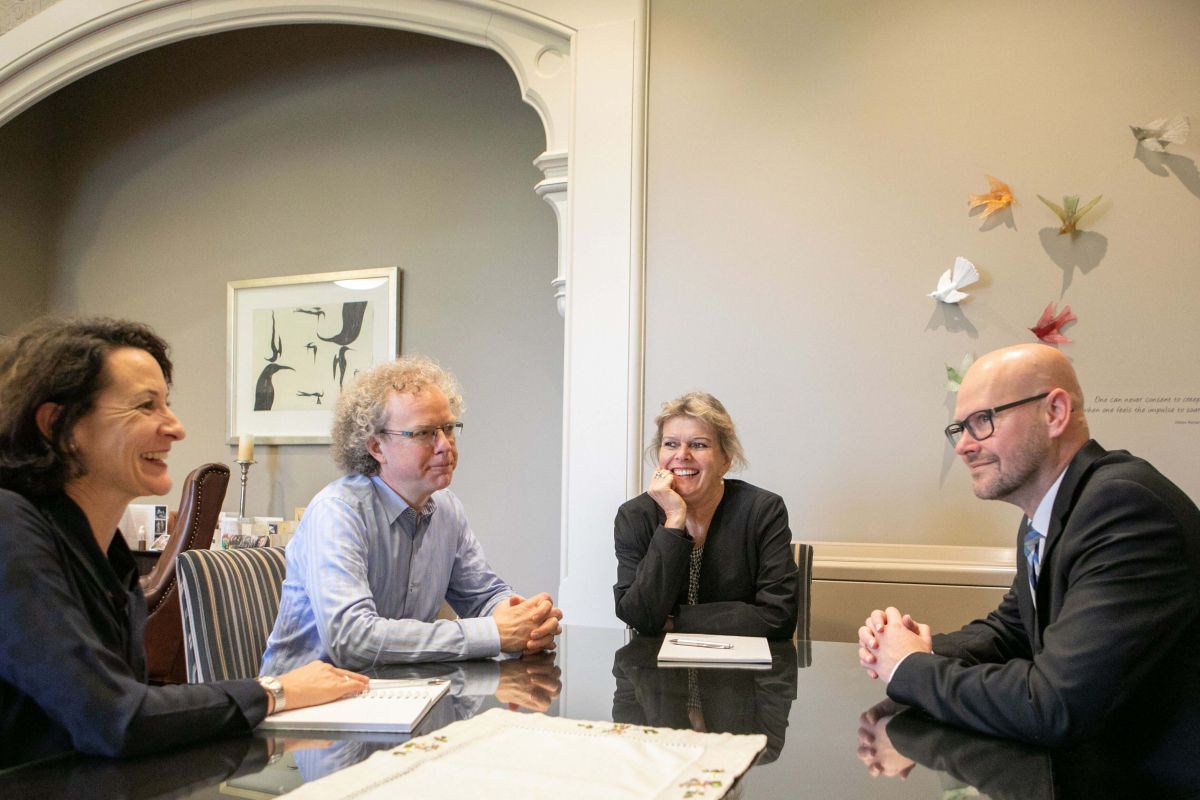
This year, the group has used a variety of resources created by The Resilience Institute to develop a deeper understanding of resilience. The scheduled meetings have provided a wonderful opportunity for colleagues' to share their diverse knowledge and experience related to developing resilience. Leading organisational positive psychologist, Michelle McQuaid reminds us that the real wisdom to be shared in our organisations comes from people that are living well, despite struggle, in their lives (the resilient ones).
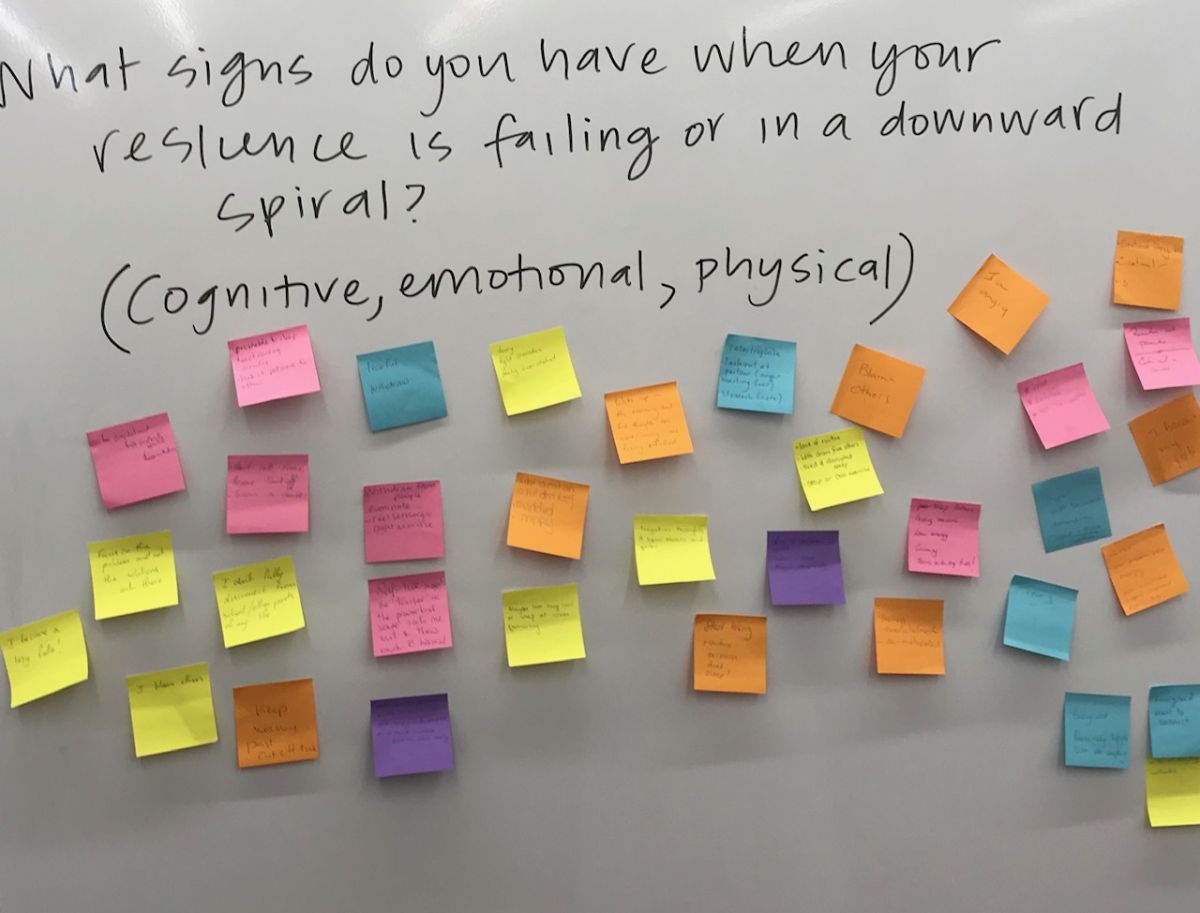
Throughout the year the group has pondered the following big beautiful human questions:
What strategies build resilience in our lives?
How do we know when our resilience is failing, and what can we do about it?
What does our learning about resilience mean for the work that we do with our young people?
How can you learn and teach resilience?
Diagnostic Resilience Test
To gain self-awareness, each group member has had access to an online application created by the Resilience Institute. A component of the app allows participants to assess 60 factors (cognitive, physical and emotional) which are proven to impact both positively and negatively on their resilience. The test results enable staff to gain an awareness of their resilience strengths and risks so they can make personalised goals to cultivate resilience in their lives. Goals range from creating habits around exercise, impulse control, decision making, sleep, and diet, to developing daily relaxation techniques, cultivating emotional intelligence, and creating conditions for increased focus and optimism. The app has a library of resources including articles and videos that explain each of the resilience factors in depth. You can read about some of the fascinating research The Resilience Institute has done globally, here.
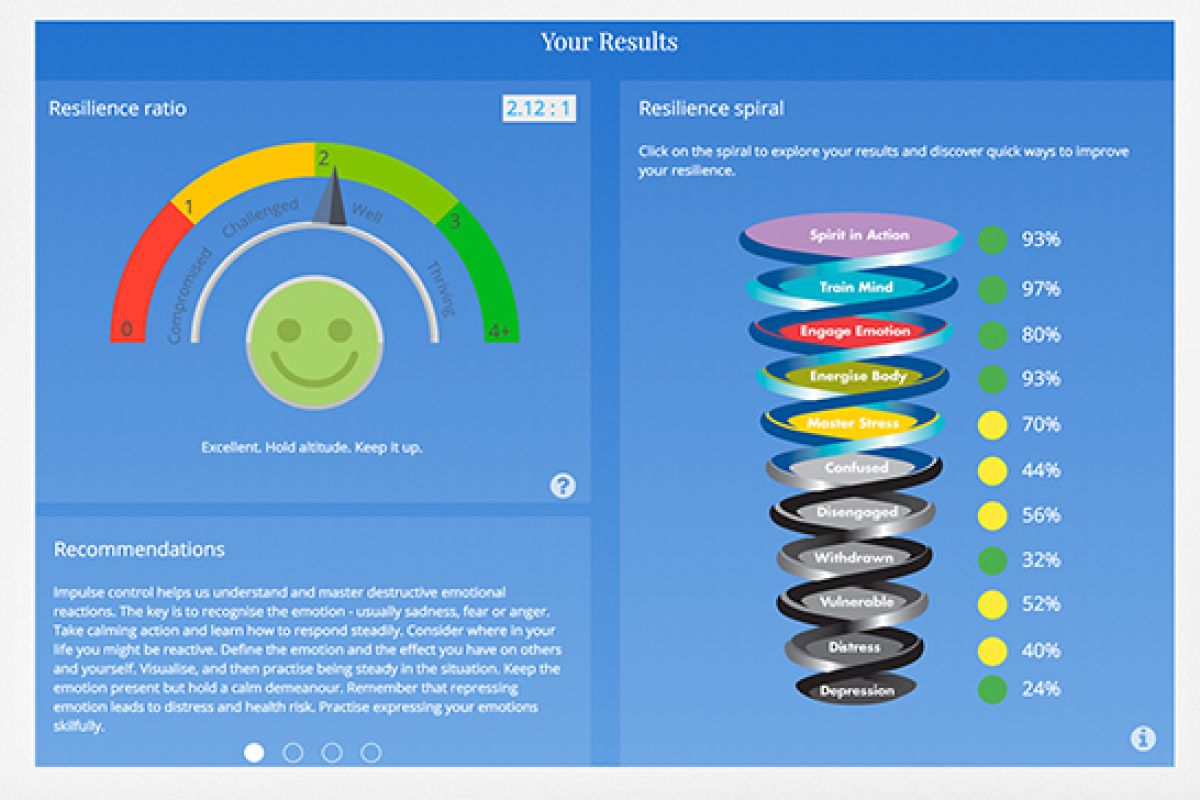
Dr Sven Hansen and The Resilience Group have guided this group to use the goal tracking tool the app provides. One of Dr Hansen’s quotes resonates with me and sits above my desk as an important reminder as I track my resilience goals:
‘Resilient people focus their daily practice on focus, purpose, fulfilment, optimism and vitality. Resilient people resist defaulting into fatigue, intensity, worry, self-criticism and overload’
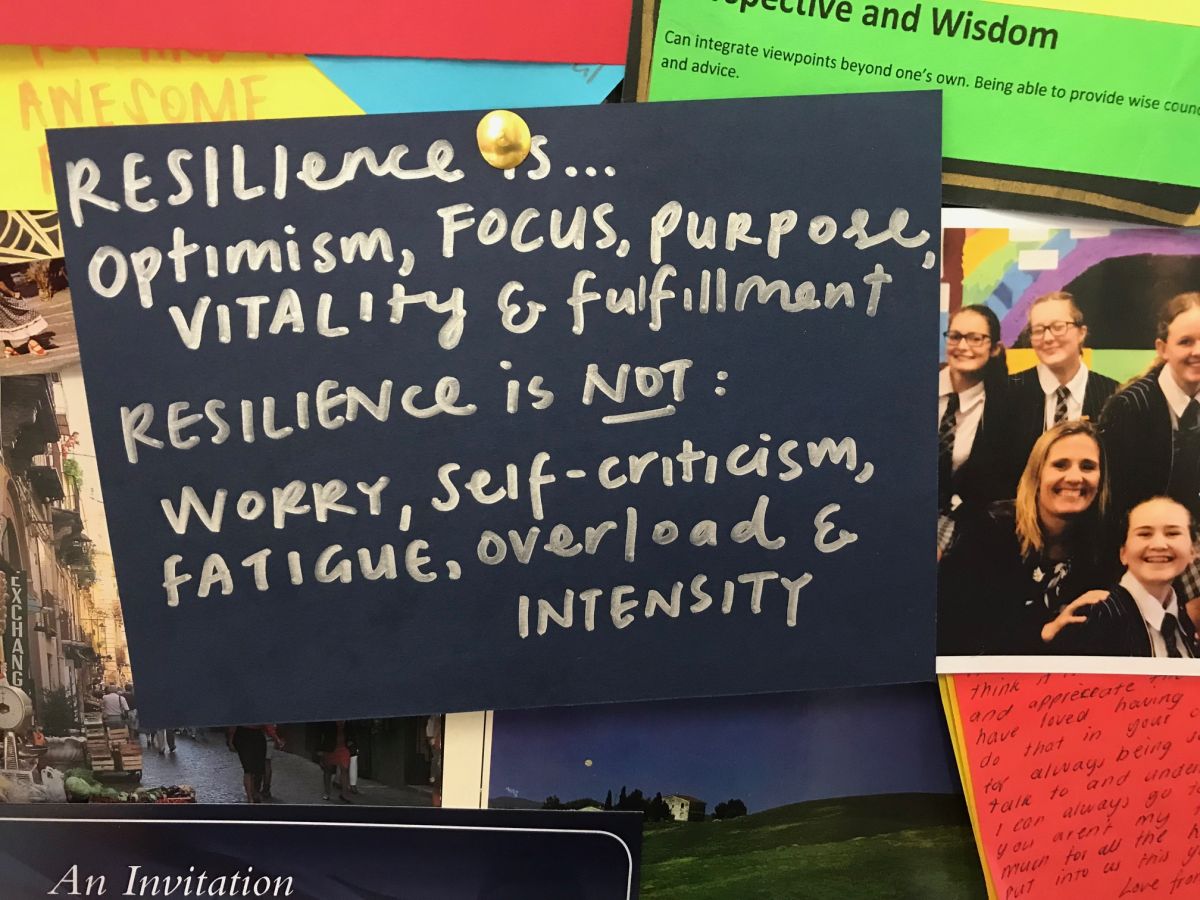
Reflecting on learning
This week, our resilience group met for the last meeting of the year. This provided time to reflect on our progress and learning in 2019. The post-intervention test and group resilience report showed that, together, we had improved our resilience significantly (we were chuffed).
Results from the test show that the group resilience ratio had shifted considerably from 1.74 to 2.52. Positive change in the group was particularly evident in the areas of managing stress, increasing focus, developing empathy, finding flow and developing emotional intelligence and regulation skills. Insomnia, sleep delay and self-criticism all saw a marked decrease.
Here are some of the key points which participants reflected on in our last session:
“My understanding of resilience had changed this year. I used to think that resilience was about me ‘being strong’, now I understand that there a multitude of factors that build or impact negatively on my ability to bounce back. It’s an interplay between my body, emotions, thoughts and actions and I have control over all of them.”
“Resilience is all about developing self-awareness”
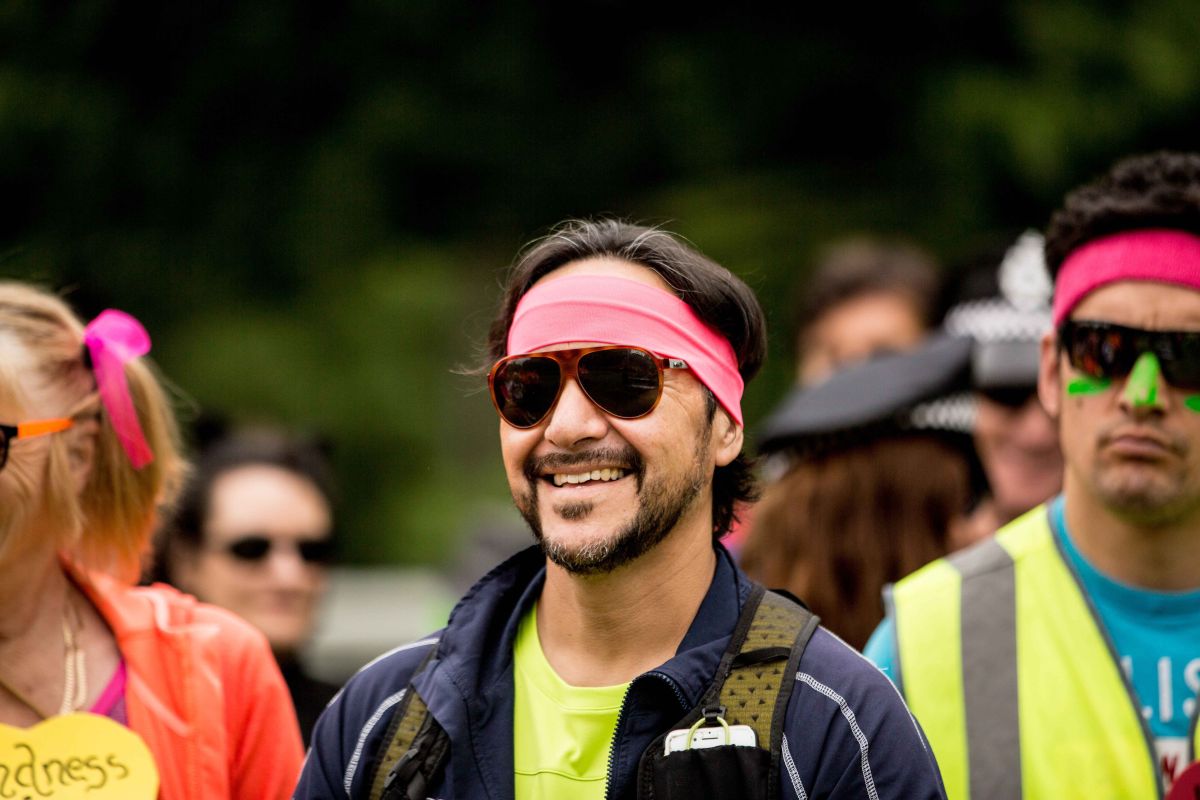
“I used to think resilience was something that you were born with. Now I can see how it can be taught.”
“What we do with our physical bodies through diet, exercise, sleep and relaxation have a flow-on effect to so much that matters in our lives; the thoughts we make, the emotions we feel and the decisions we make around taking positive actions that will make a difference in our lives. What I do with my body has a huge impact on my functioning in life and is a great starting point for developing resilience”.
“Resilience is about creating healthy habits in your life. It involves discipline”
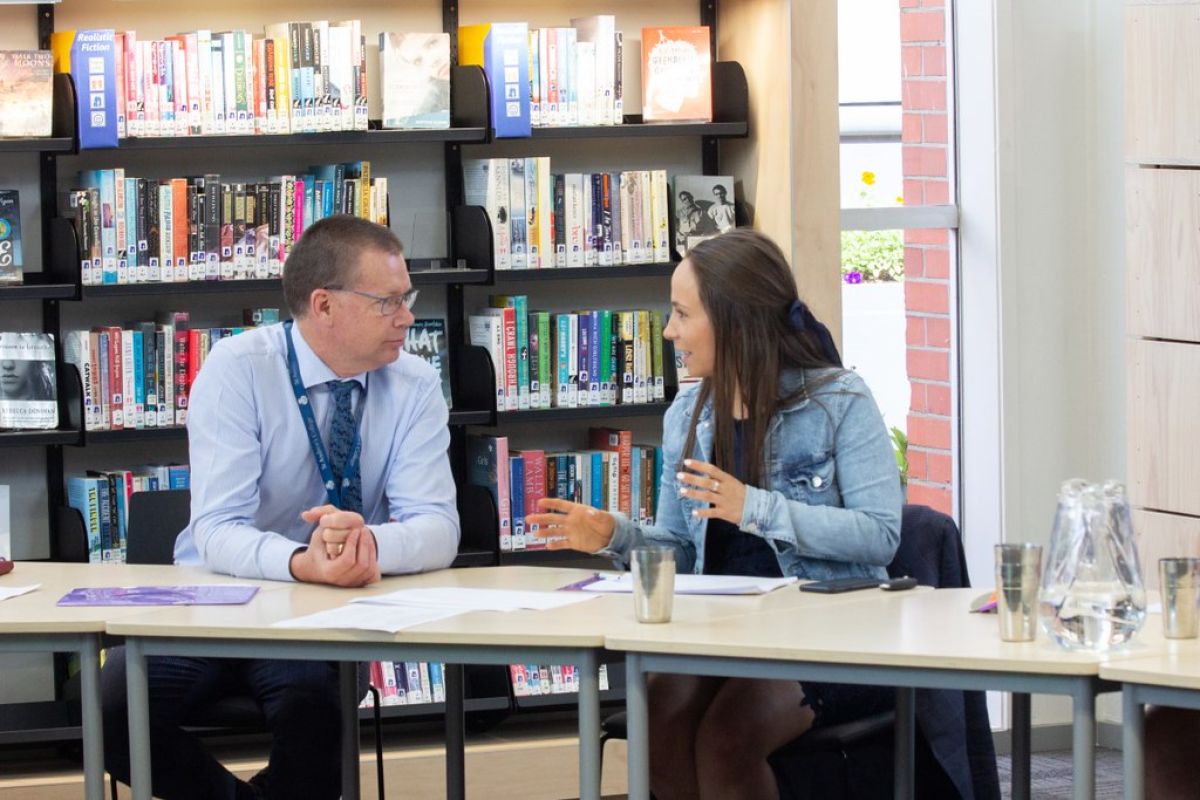
“Tracking and using a diary has had a positive impact on my resilience”.
“When I think about resilience, I think about my ability to bounce, connect, grow and flow”
“Focusing on resilience enables me to feel calm and present. I have prioritised being more present in my life and have taken the time to connect to people fully. This has made a significant difference in my well-being.”
“Learning about thinking traps has been important to me. I now have the tools to stop worrying. I have control over my rumination.”
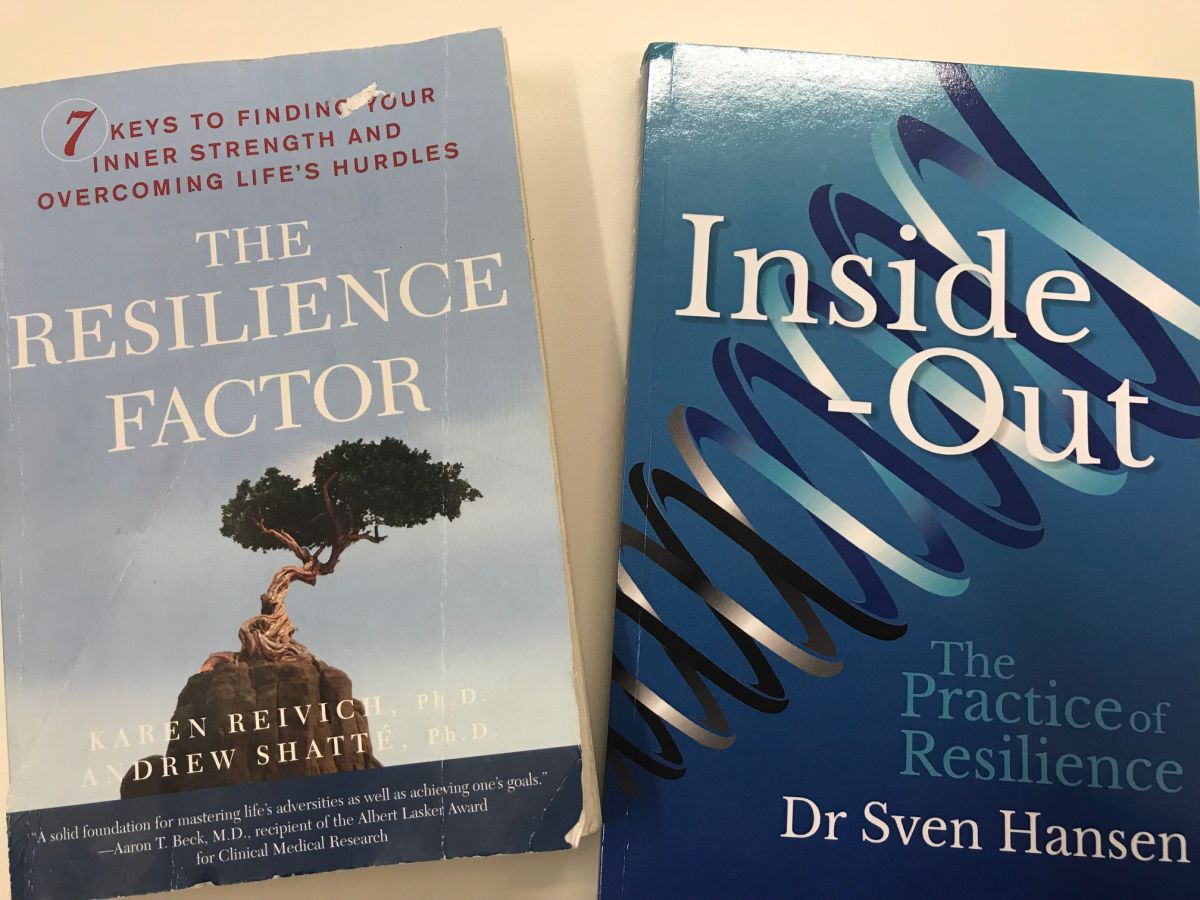
Related Posts

